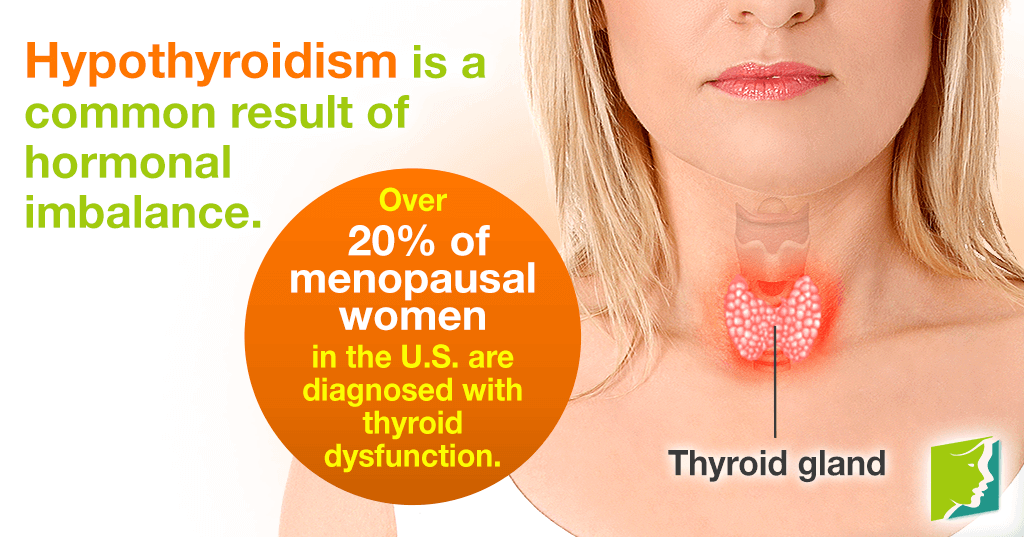Hot flashes and thyroid problems are some of menopause's most widespread and bothersome symptoms. To those unaware of the indicators associated with these episodes, an unexpected incident can be unsettling. Fortunately, plenty of information exists on how to manage hot flashes and thyroid problems.
What Are Hot Flashes and Thyroid Problems?
Hot flashes are characterized by the sensation of sudden intense heat, an accelerated heart rate, and sweating in the body's upper region. The duration of a hot flash experience varies from woman to woman. Most often, the feeling of heat begins in the face or chest before spreading throughout the body.
Thyroid problems, such as hypothyroidism, are common consequences of hormonal imbalance. One common cause of hypothyroidism is a reduced production of vital hormones. The experience is characterized by a range of symptoms including exhaustion, weight gain, hair loss, heart palpitations, decrease in libido, and increased anxiety. Woman over 65 are considered to be more at risk.
Unlike hypothyroidism, hyperthyroidism occurs when your thyroid glands produce too much of the hormone thyroxine. The disorder often accelerates your body's metabolism and causes extreme weight loss. Symptoms of the condition include sudden weight loss, increased appetite, nervousness, fatigue, palpitations, heat intolerance, and excessive sweating.
What Causes Hot Flashes and Thyroid Problems?
While the precise cause of hot flashes remains unclear, it is largely accepted that the sensation stems from the reduced rate of estrogen production during menopause. This reduction causes the body's internal thermostat, or the hypothalamus, to send certain temperature-regulating signals throughout the body. The effect is achieved through a dilation of the skin's blood vessels and discharge of perspiration through the sweat glands.
Quick Fact:
Despite possessing many of the same symptoms including hot flashes, insomnia, and irritability; hypothyroidism should not be confused with menopausal symptoms.
Because hormonal imbalance is the key trigger of thyroid problems, including hypothyroidism, the problem is more common in women than men. Given that the balance of hormones such as estrogen and progesterone fluctuates during menopause, women are particularly vulnerable during this time.
How to Manage Hot Flashes and Thyroid Problems?
Quick Fact:
Nutrition, stress management, and exercise are the keys to your well-being and optimal thyroid function is not possible without them.
Hot flashes and thyroid problems are caused by decreased levels of estrogen in a woman's body during menopause. It is crucial, therefore, that the body is supported with everything it needs to maintain stable hormonal levels. This can be achieved through maintaining a well-balanced diet and engaging in regular exercise. Relief from hormonal imbalance can also be found through the use of alternative medicines. Read on to discover which treatments for hot flashes are currently available.
Sources
- Sikon, Andrea and Holly Thacker M.D. "Treatment for Menopausal Hot Flashes". Cleveland Clinic Journal of Medicine. July 2004: 71 (7).
- "Hot flashes ... in January". Canadian Medical Association Journal. 2004: 170 (1).
- Miller, Heather and Rose Maria Li, M.D. "Measuring Hot Flashes: Summary of a National Institutes of Health Workshop". Conference report. Mayo Clinic. June 2004: 79.




